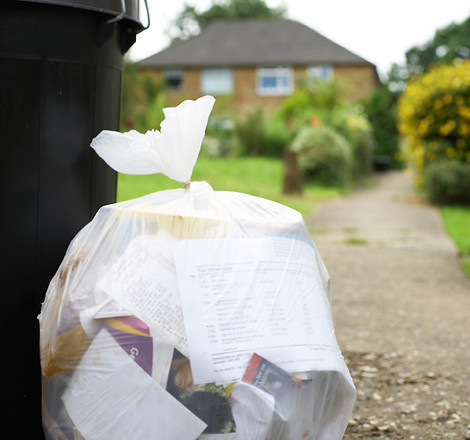CAPSTONE PROJECT 2018
Lisa D'Angelo

Plastic and Environmental Justice Communities
Here in the United States, it is so easy to throw away trash into the trash can, throw it on the side of curb and think that it just "goes away". Have you ever thought where that trash might go? For some countries, they see their waste everyday and have to suffer the repercussions of throwing trash out because of poor garbage disposal practices. Minority countries often hold the burden of their own trash (Stewart, 2015).
In the Philippines, trash is picked up once a week and in some places it is never collected at all. The trash that is picked up once a week usually doesn't all fit in the garbage trucks. There has been little acknowledgement about the trash and health issues from their government (Perez, 1993). In Manila Bay, there is a waste dump site called "Smokey Mountain." it gets its name from the toxic smoke that comes out of the pile and affects the 2,000 families living near the site (Ruxon, 2016). Much of this waste ends up in the bay and affects all of the marine wildlife. Rubbish also comes in through typhoons and polluted rivers (Ruxon, 2016). Philippians have used the practice of phytoremediation, which is when plants extract and break down toxins from the ground over time (McIntyre, 2003). Vetiver grass is what people have used and found success in the start of cleaning up the area (Ruxon, 2016).
Tuvalu is a small island north of Fiji that has a population of thirty people, five of which have died from cancer since 2010 (Ruxon, 2016). This island suffers from plastic pollution after food with plastic is imported to feed their people. Since there is nowhere for the plastic to go, borrow pits were created to bury the plastic and homes are built over them because the population of the island demanded for it. Because of the plastic pollution, the fish cannot be eaten anymore and they have to rely on imported food with plastic (Ruxon, 2016).
Rwanda is another country that suffers from its own pollution and they were fortunately able to ban plastic bags across the entire country. They even dedicated Saturday mornings for abled adults to to trash pick-ups (Yale, 2015).
Countries like the United States and other developed countries are able to avoid plastic pollution because of the resources available. In developing countries, it is a lot harder.
. . .
Resources
McIntyre, T. (2003). Phytoremediation of heavy metals from soils. In Phytoremediation (pp. 97-123). Springer Berlin Heidelberg.
No Plastic Bags? It's Already The Law In Rwanda. (2015, August 7). YaleGlobal Online. Retrieved from http://link.galegroup.com/apps/doc/A424554110/AONE?u=las&sid=AONE&xid=80a96933
Perez, M. S. (1993). Clean rivers and trash mountains: Philippines. Connexions, (41), 13. Retrieved from http://link.galegroup.com/apps/doc/A14636082/AONE?u=las&sid=AONE&xid=c6476d3d
Stewart, J. A., Mitchell, M. A., Edgerton, V. S., & VanCott, R. (2015). Environmental Justice and Health Effects of Urban Air Pollution. Journal Of The National Medical Association, 10750-58. doi:10.1016/S0027-9684(15)30009-2